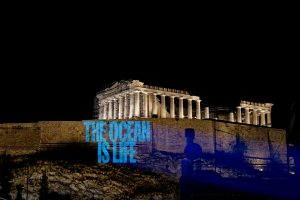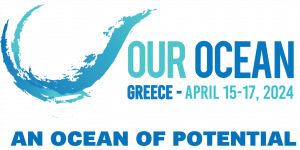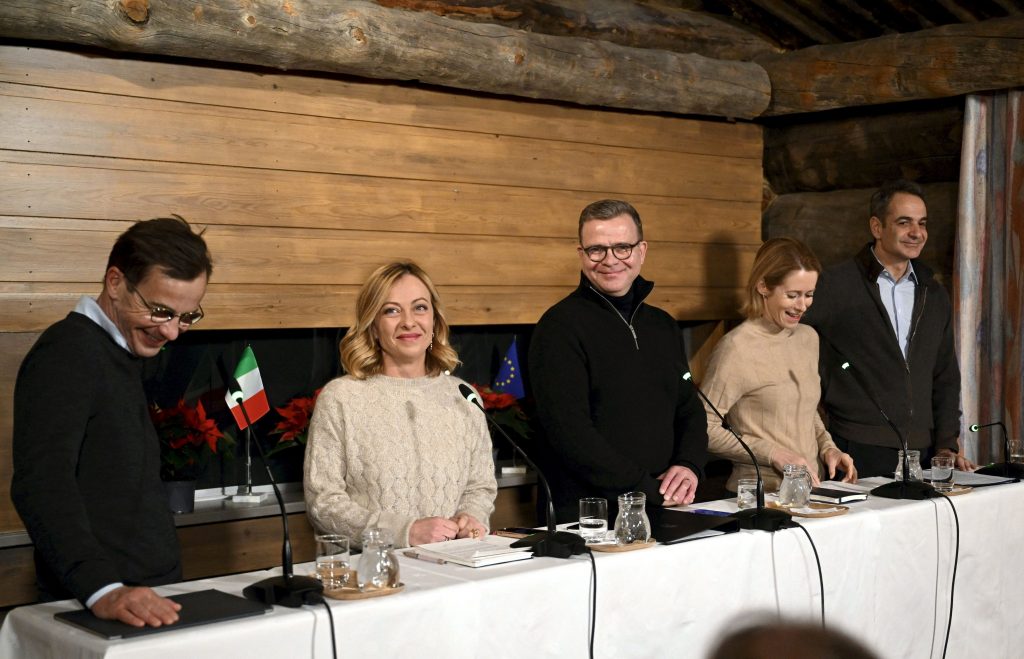The concept of combating climate change, preserving our planet’s delicate ecosystems, and making money at the same time the development of something called the “Blue Carbon Economy” is gaining traction throughout the world and may be coming to Greece soon.
A key topic of conversation at the Our Ocean Conference, the innovative approach involves recognizing the carbon sequestration potential of coastal and marine habitats and monetizing it.
“Blue carbon” refers to the carbon captured and stored in coastal and marine ecosystems such as mangroves, salt marshes, and in the case of Greece, Posidonia seagrass beds.
Greece’s seagrass beds and salt marshes not only sequester carbon but also enhance water quality, stabilize coastlines, and provide habitats for numerous species.
Moreover, the ecosystems are remarkably efficient at trapping carbon dioxide and storing it naturally in their biomass and sediments, acting as what scientists call “carbon sinks”.
The natural carbon sinks capture carbon at a whopping four times more than land-based forests, which is leading to the development of new economic models.
As the blue carbon economy develops, systems are being created to estimate the capacity of coastal and sea environments to store carbon and provide ecosystem services. Then, the value is monetized, and the idea is that their value can be traded in carbon offset schemes.
The idea is aligned with the Paris Agreement, the Sustainable Development Goals, and goals connected to oceans and seas like the 30 by 30 initiative, yet the path to developing the blue carbon economy is full of obstacles including the already intensive use of coastal zones in Greece, Europe, and the world.
A representative of the Greek government at the Our Ocean Conference stated that the country is considering the opportunities presented by the blue carbon economy, but the government is still in the early phases and unfortunately the values presented by carbon trading schemes are very low.




